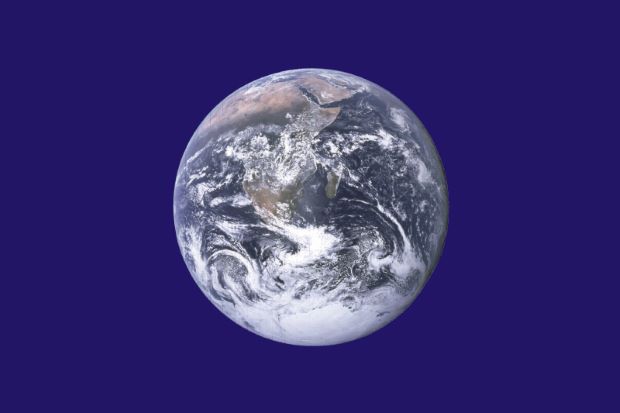Earth Day, the annual event to increase public awareness of the world’s environmental problems and demonstrate support for environmental protection was first held in the United States on this day in 1970. Millions of Americans, including students from thousands of colleges and universities, participated in rallies, marches and educational programs across the country.
A global event today, it now includes a wide range of events coordinated by EARTHDAY.ORG (formerly Earth Day Network) and includes one billion people in more than 193 countries. The official theme for 2024, which also marks the 55th anniversary of Earth Day is ‘Planet vs. Plastics’.
A day to honour the Earth on March 21, 1970, the first day of spring in the northern hemisphere, was first proposed at the 1969 UNESCO Conference in San Francisco by peace activist John McConnell. This day of nature’s equipoise was later sanctioned in a proclamation written by McConnell and signed by Secretary General U Thant at the United Nations. A month later, United States Senator Gaylord Nelson proposed the idea to hold a nationwide environmental teach-in on April 22, 1970.
Renamed as Earth Day with more than 20 million people pouring out on the streets, the first Earth Day remains the largest single-day protest in human history. It is credited with increasing environmental awareness in America, with the Environmental Protection Agency established by special executive order in July of 1970, to regulate and enforce national pollution legislation. Earth Day also led to the passage of the Clean Water and Endangered Species Acts.
On April 22, 1990, the 20th anniversary of Earth Day, more than 200 million people in 141 countries participated in Earth Day celebrations. Senator Nelson was awarded the Presidential Medal of Freedom by President Clinton in September 1995. (He died in 2005.)
Earth Day has been celebrated on different days by different groups internationally. The United Nations officially celebrates it on the vernal equinox, which usually occurs about March 21.
-ENCL/history.com



Comments are closed, but trackbacks and pingbacks are open.